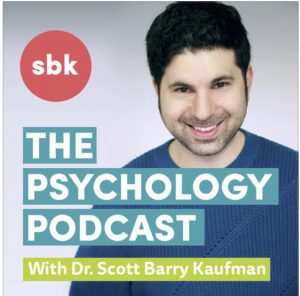TITLE
A Test for C.T.E. in the Living May Be Closer Than Ever
DESCRIPTION
AT THE END OF FOOTBALL SEASON AND LONG TERM INJURIES TO PLAYERS
This is an important article regarding C.T.E., or chronic traumatic encephalopathy (live link). The condition is most associated with older former N.F.L. football players, and the fact that the sport itself causes numerous concussions over the active career of the player. Since the condition does not show up for decades, serious brain damage ensues and the players develop terrible brain conditions similar to dementia, Alzheimer’s Disease, along with addictions, disturbed personality disorders, and frequently suicide. There has been no way to detect the development of C.T.E. but now there are active research efforts underway to diagnose the problem. “Currently, the only way to accurately diagnose C.T.E. is to stain brain samples and examine them under microscopes to look for the presence of the specific tau proteins associated with C.T.E. But if ongoing studies pan out, there could be a test for C.T.E. in the living in as few as two years, according to one leading researcher. The future of testing for C.T.E. hinges on developing ways of identifying the protein without requiring brain samples. So, scientists in multiple research institutes worldwide are working to identify biomarkers for the disease that can be seen in samples of blood, saliva or spinal fluid or by using brain imaging scans.” “As part of the wide-ranging project, doctors from the N.I.H. are tracking 120 former N.F.L. players, 60 former college players and 60 people with no history of repetitive head impacts to see if they show symptoms of C.T.E. Beginning in 2016, participants underwent a three-day examination that included neuropsychological and neurological assessments and were asked to detail their histories of brain trauma, lifestyle and other health factors such as genetics in a comprehensive look at their health.”
Psychologists play a role in the diagnosing and therapies for those who experience the problems. Understanding the neurological systems as well as the actual sports is a plus for Psychologists wishing to work in this area. For more information, click on the active link in the first paragraph.
SOURCE
New York Times, November 17, 2022, by Ken Belson
LINK TO RESOURCE
(Tiny URL) https://tinyurl.com/3vkhdmxz
CLASS DISCUSSION QUESTIONS:
•What is C.T.E.? What is the major cause? When do symptoms generally appear?
•How is C.T.E. related to such disorders as dementia and Alzheimers Disease?
•The article discusses how research is being conducted. Elaborate on the method used and specifically how the subjects for the study are chosen.








